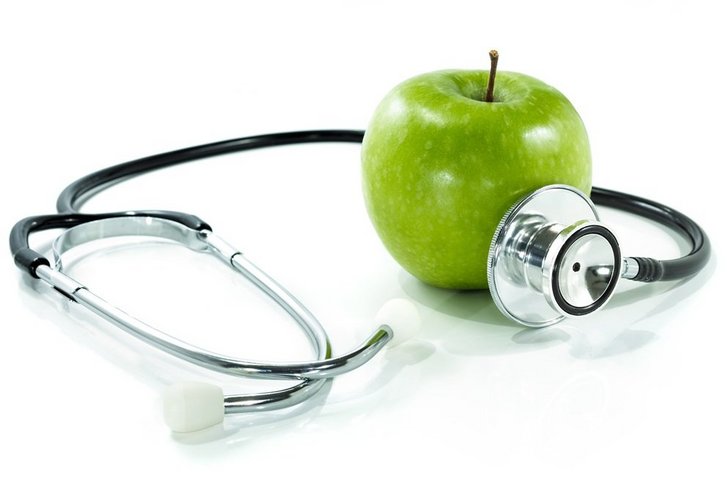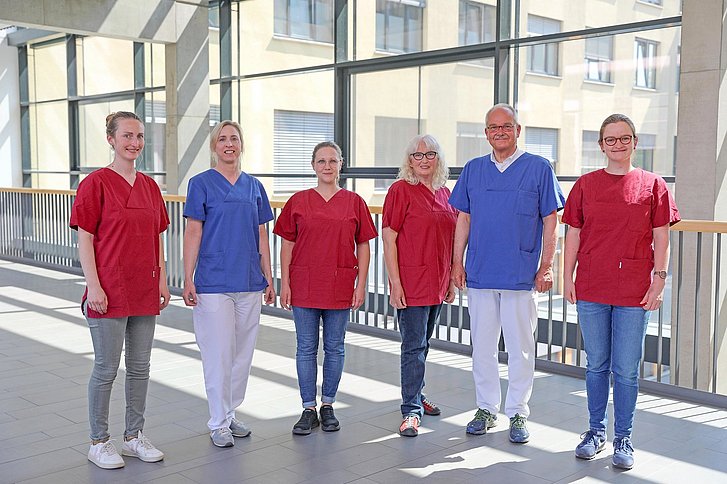Nutritional counselling
People with diseases must pay particular attention to what they eat. If you have nutritional problems, our dieticians will recommend a diet to accompany your therapy - tailored to your clinical picture. The spectrum ranges from food intolerances to swallowing disorders to nutrition after surgery, for example when part of the intestine has been removed.

